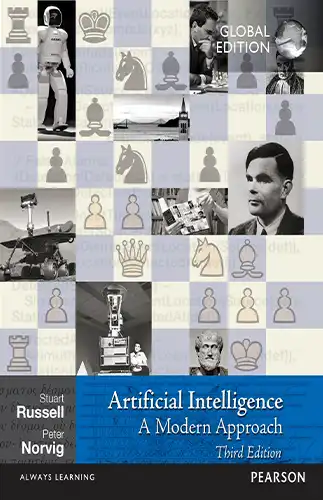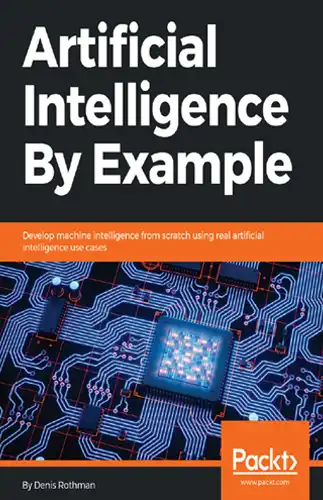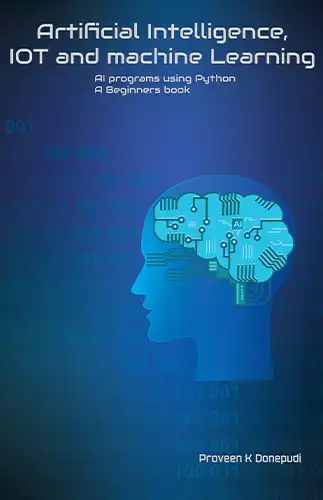Navigating the Ethical Landscape of AI Integration
Artificial Intelligence (AI) has transformed from a speculative concept into a cornerstone of modern life, permeating numerous facets of society. Initially seen as a distant possibility, AI is now a driving force behind the automation of mundane tasks, the enhancement of decision-making processes in critical sectors such as healthcare, finance, and security, and the overall improvement of operational efficiencies. Its capabilities and applications are expanding unprecedentedly, offering revolutionary benefits and innovative solutions.
However, the swift integration of AI into our daily lives also raises significant ethical questions and concerns. As AI systems take on increasingly complex roles, from diagnosing diseases and predicting financial market trends to monitoring security threats, we must scrutinize their impact on our personal and professional lives. The implications of AI on job displacement, privacy, accountability, and societal norms demand a thorough examination. This rapid technological evolution challenges us to consider how AI reshapes our world and to address the ethical dilemmas that arise from its pervasive influence.
Skip To:

The Promise and Perils of AI
The transformative potential of Artificial Intelligence (AI) to revolutionize industries and enhance quality of life is undeniable. In healthcare, AI algorithms analyze vast amounts of medical data to predict disease outbreaks, accurately diagnose conditions, and personalize treatment plans, potentially saving countless lives. In finance, AI-driven systems detect fraudulent transactions with remarkable precision and optimize investment strategies, contributing to excellent financial stability and efficiency. Furthermore, AI-powered automation in manufacturing and logistics significantly boosts productivity, reduces operational costs, and minimizes human error.
Despite these remarkable benefits, the perils of AI demand careful consideration. One primary concern is delegating critical decision-making to AI systems, which raises serious questions about accountability and transparency. For instance, determining responsibility becomes complex if an AI system makes errors in diagnosing a medical condition or executing a financial transaction. The need for clarity in assigning blame and rectifying errors poses significant ethical and legal challenges.
Moreover, the opacity of advanced AI algorithms compounds these issues. These systems often operate as "black boxes," making understanding how they arrive at specific decisions difficult. This lack of transparency can lead to significant concerns about bias, fairness, and discrimination. AI systems trained on biased data may inadvertently perpetuate or even amplify existing social inequalities, affecting everything from loan approvals and hiring decisions to law enforcement practices.
The potential for AI to disrupt the labor market also must be addressed. While AI automation can lead to increased efficiency and cost savings, it can also result in job displacement for many workers. The societal impact of widespread unemployment and the economic divide between those who benefit from AI advancements and those who do not must be addressed proactively.
The ethical considerations surrounding AI's influence on human autonomy and decision-making are profound. As AI systems become more autonomous, the balance between human oversight and machine independence must be carefully managed. Ensuring that AI enhances rather than diminishes human agency is essential to maintaining control over our technological future.
While the promise of AI to transform industries and improve our lives is immense, it is imperative to navigate its perils with vigilance. Addressing accountability, transparency, bias, job displacement, and human autonomy requires a concerted effort from technologists, ethicists, policymakers, and society. Only through such collaborative endeavors can we harness the full potential of AI while safeguarding ethical principles and ensuring a fair and just society.

Ethical Questions in AI Development and Deployment
Bias and Fairness: AI systems are trained on vast amounts of data, which can inadvertently include biases present in the data. These biases can perpetuate and even amplify existing social inequalities. Ensuring that AI systems are fair and unbiased requires rigorous testing, diverse training data, and ongoing monitoring to identify and mitigate biases.
Privacy and Surveillance: AI systems' collection and analysis of personal data pose significant privacy concerns. Given AI's ability to process and interpret vast amounts of data, there is a risk of unwarranted surveillance and intrusion into individuals' private lives. Establishing robust data protection regulations and ensuring transparency in data usage are critical to addressing these concerns.
Autonomy and Control: As AI systems become more autonomous, questions about human control and oversight arise. How much autonomy should AI systems have, especially in critical areas like healthcare, law enforcement, and military applications? Balancing the benefits of AI autonomy with the need for human oversight is essential to prevent unintended consequences and ensure ethical use.
Employment and Economic Impact: AI-driven automation can potentially displace millions of jobs across various sectors. While AI can create new opportunities and industries, the transition may lead to significant economic disruption and social inequality. Policymakers and businesses must proactively address the challenges of workforce displacement through reskilling programs, social safety nets, and inclusive economic policies.
Moral and Philosophical Considerations: Developing AI systems that mimic human cognition and decision-making raises profound moral and philosophical questions. Can machines possess moral agency? What ethical principles should guide AI behavior? These questions require interdisciplinary collaboration between technologists, ethicists, and philosophers to explore the boundaries of machine intelligence and its moral implications.

The Role of Regulation and Governance
Robust regulatory frameworks and governance structures are essential to navigate the ethical challenges posed by AI. Governments, international organizations, and industry leaders must collaborate to establish guidelines and standards that promote AI's ethical development and deployment. Including:
Transparency and Accountability: AI systems must be transparent and accountable for their decisions. This can be achieved through explainable AI models, regular audits, and clear documentation of AI processes.
Inclusive and Diverse Development: Promoting diversity and inclusivity in AI research and development teams to ensure that AI systems reflect various perspectives and minimize biases.
Ethical Guidelines and Standards: Developing ethical guidelines and standards that address critical issues such as bias, privacy, and autonomy. These guidelines should be regularly updated to keep pace with technological advancements.
Public Engagement and Education: Engaging the public in discussions about AI ethics and educating them about the benefits and risks of AI. Informed public discourse can help shape policies that reflect societal values and priorities.

Final Thoughts
Integrating AI into our daily lives and workplaces presents a multifaceted landscape filled with opportunities and challenges. On one hand, AI holds the potential to revolutionize industries, improve efficiencies, and elevate the quality of life through innovative applications. On the other hand, it raises profound ethical questions and concerns that must be addressed to ensure that technology serves humanity's best interests.
To navigate this complex landscape effectively, it is crucial to engage proactively with the ethical dimensions of AI. This means fostering transparency in how AI systems operate and make decisions, ensuring that they are accountable for their actions, and promoting inclusivity in their development and deployment. Transparency involves making the workings of AI algorithms understandable and explainable to users and stakeholders, which can help build trust and mitigate fears about hidden biases and unfair outcomes.
Accountability is equally important. Clear frameworks must be established to determine who is responsible when AI systems fail or cause harm. This involves setting up regulatory bodies and standards that can oversee the ethical deployment of AI technologies and enforce compliance with established guidelines.
Inclusivity is about ensuring that diverse perspectives are considered in the development of AI. This means involving various stakeholders, including underrepresented groups, in the conversation about AI's future. Such inclusivity can help prevent biases in AI systems and ensure that the benefits of AI are equitably distributed across society.
AI's ethical development and deployment will require ongoing collaboration between technologists, policymakers, ethicists, and the broader society. Technologists must strive to create AI systems that are efficient eff, effective, and aligned with ethical principles. Policymakers need to craft regulations that safeguard public interests without stifling innovation. Ethicists can provide valuable insights into the moral implications of AI, helping to guide its development in a way that respects human dignity and rights. Society must be engaged in discussions about AI's role and impact, ensuring that public concerns and values are reflected in the policies and practices that shape AI's integration into our lives.
Creating a future where AI enhances human well-being without compromising our values and rights is a shared responsibility. By working together, we can harness the power of AI to build a fairer, more just society. This collaborative effort will help ensure that AI drives progress and aligns with the fundamental principles of humanity, dignity, and justice. Only through such concerted efforts can we realize AI's full potential while safeguarding the ethical foundations that underpin a thriving, equitable society.










Comments